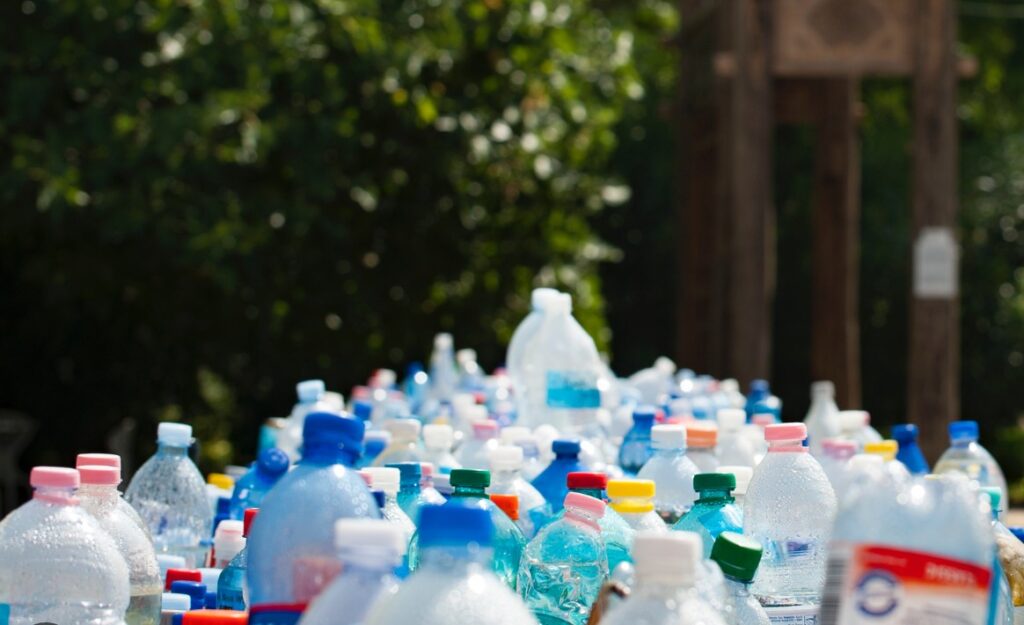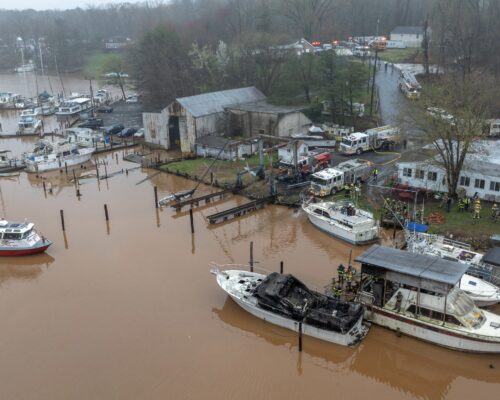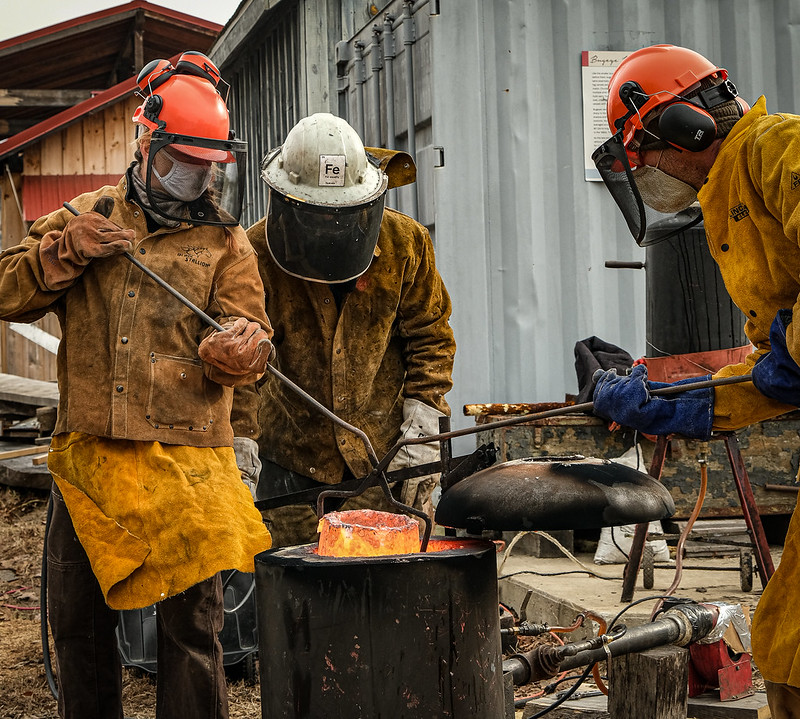Readers of a certain age might remember something called “deposit bottles,” those soft drink bottles you could take back to the store after you’d emptied them and earned a few cents back. Bottle trade-ins could be coming back thanks to a pair of bills working their way through the Maryland General Assembly.
Known as the Maryland Bottle Bill, the legislation would lead to deposit fees of 10 cents on bottles of 24 ounces or less and 15 cents on larger bottles. The idea is to sharply reduce the amount of pollution from plastic bottles, reduce litter and at the same time encourage recycling in the state.
More than half the trash in the Anacostia River and Baltimore Harbor, two Chesapeake Bay tributaries that have been declared impaired by the Environmental Protection Agency, comes from discarded bottles, said state Sen. Benjamin Brooks, a Baltimore County Democrat and lead sponsor of the Senate version of the bill.
“Litter floating down our waterways is contributing to a plastic pollution crisis,” he told the Senate Education, Energy and Environment Committee during a hearing last Wednesday, March 5.
“Maryland,” he said, “has a beverage container and plastic pollution crisis and a bottle bill is proven to solve that problem. It has the potential to transform our state and reduce cost to local government.”
Christopher Williams, of the Anacostia Watershed Society, said the plastic “pollutes public spaces and fouls wildlife habitats, interfering with foraging, feeding and other behaviors.” And studies have found that microplastics, created when plastic bottles decompose, damage reproductive systems in sea life and harm humans.
Adam Lindquist, a vice president of the Waterfront Partnership of Baltimore, brought a new Dr. Seuss book on “Green Machines,” with a picture of Mr. Trash Wheel, the vessel with the googly eyes the partnership uses to gather trash from the Inner Harbor and the Jones Falls to the hearing. He said they were “thrilled” to see their project on the cover, but added, “doesn’t it also speak to the scale of the plastic pollution problem that this is what we’re becoming known for, having so much plastic in our waterways that we have to go to extreme lengths, extreme, giant trash interceptor with googly eyes length to collect this litter?”
“Capturing plastic bottles in our waterways is not a solution,” he said. “It’s a symptom of an urgent problem and we need this bottle bill to create a real solution.”
The bill would create an agency within the state Department of the Environment to administer the program, with a goal of achieving a 90 percent return by December 2031.
But that’s just the problem, argued Annapolis super lobbyist Bruce Bereano. “It creates more bureaucracy,” he said.
Bereano, who was representing the Licensed Beverage Distributors of Maryland, argued the bill would “hamper proper municipal and county recycling plans and systems” and hurt small businesses, particularly “distributors and retailers.”
Pam Kasemeyer, of the Maryland Delaware Solid Waste Association, warned lawmakers that the bill could harm local recycling programs because “If you take out tonnage, it changes costs per ton for processing. It changes the cost issues.”
She urged them to wait for the results of a study on waste issues before acting. “At this point we think it’s a little premature,” she said. “It’s a small percentage of the waste stream for a big goal of trying to do it more effectively and more efficiently.”
At least one committee member, Sen. Ron Watson, a Prince Georges Democrat, was skeptical. He called the bill “overly burdensome.”
“I haven’t picked up a can to recycle since I was trying to get money for the ice cream man,” he said. “I can’t get kids to shovel my snow. Times have changed. People aren’t going to do this.”
A House of Delegates committee held a hearing on the bill in February. Now, what’s known as the legislative “sausage making process” begins before the bills get to the floors of their respective houses.




